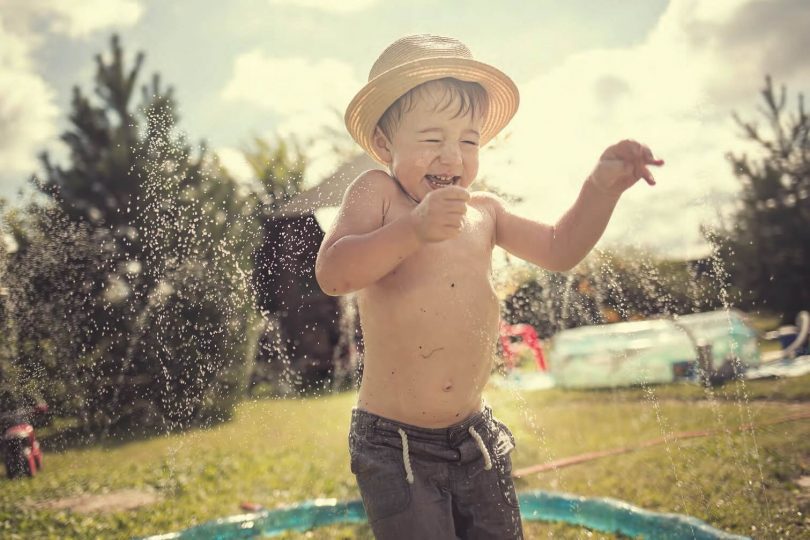When performed properly by trained mosquito control professionals, back yard mosquito treatments can help to reduce the danger and risk posed by disease-carrying mosquitoes, but there are things every homeowner can do to help protect themselves and their family in their own backyard.
- DRAIN. Remove all standing water; a mosquito only needs about a tablespoon of standing water to lay her eggs. Common locations for standing water include:
- Clogged rain gutters and corrupted drainpipes: Consider installing a gutter screen over your new gutters to prevent the collection of leaves.
- Bird baths, pet bowls, and planters: You should routinely flush these areas with fresh water or use a larvicidal granules or dunks in areas that you are unable to do so.
- Children’s toys and kiddie pools: These items should be kept free of water when not in use.
- DRESS. Loose-fitting, light-colored clothing (and long pants & sleeves when appropriate) is best. Mosquitoes can bite through loose-weave and tight-fitting clothing.
- DEFEND. EPA-registered repellents are reviewed & approved to pose minimal risk when used properly. The most effective repellents include DEET, Picaridin, Oil of Lemon Eucalyptus, or IR3535 as one of the active ingredients. Be sure to stick with topical applications. Wrist bands, patches, and bug zappers are not recognized as effective ways to repel mosquitoes. Creams, sprays, or liquids applied directly to the skin are best. Also, be sure to always follow the instructions. Please note that repellents are not recommended for babies younger than 2 months old and products containing Oil of Lemon Eucalyptus should not be used on children younger than 3 years old.
Lastly, a useful landscaping tip if you are considering using a professional mosquito control company is to plant shrubbery and plants around your outdoor seating areas, helping to create a barrier. Low-to-the ground, broad-leaf shrubbery is recommended to get the most out of your mosquito control application.
Provided by Mosquito Authority








